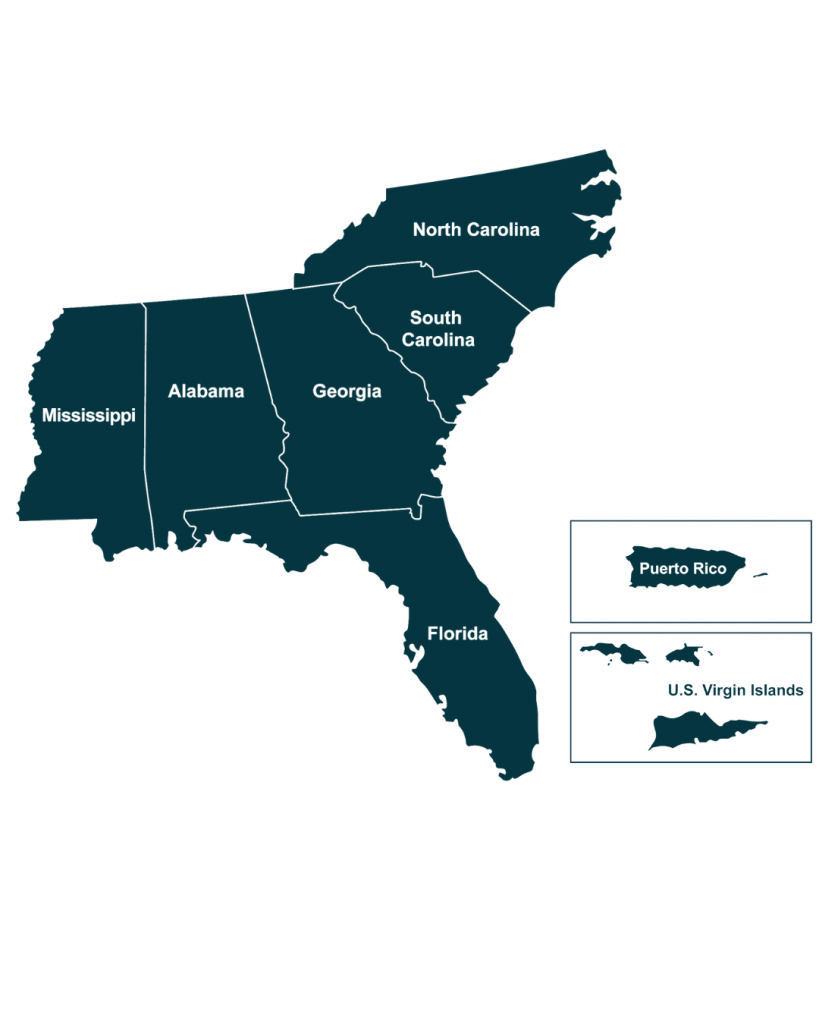Project Summary
Recently there has been a marked increase in occurrences of Chronic Kidney Disease (CKD) in agricultural workers in Mesoamerica. The potential mechanism for this increase remains elusive; it may be associated with working in hot environments causing recurrent dehydration leading to decreased renal blood flow, high demands on tubular reabsorption, and increased levels of uric acid or possible activation of the fructokinase pathway. These underlying processes may result in chronic tubular injury and fibrosis.
In this study, the team will measure physiological indicators of heat-related illness (HRI) in farmworker populations in Florida, incorporating a metabolomics approach to enhance understanding of pathways through which perturbation of renal function occurs. We propose to determine if biomarkers of renal damage shown in Mesoamericans are also present among farmworkers residing in the U.S. that immigrated from Mexico to work in agriculture. We will recruit 70 agricultural workers in Pierson, Florida who are between 18 and 54 years of age, as well as 30 individuals of similar heritage who are not working in heat-intensive agricultural work such as mushroom facilities, packing houses, or hotel workers.
In this study, the team will measure physiological indicators of heat-related illness (HRI) in farmworker populations in Florida, incorporating a metabolomics approach to enhance understanding of pathways through which perturbation of renal function occurs. We propose to determine if biomarkers of renal damage shown in Mesoamericans are also present among farmworkers residing in the U.S. that immigrated from Mexico to work in agriculture. We will recruit 70 agricultural workers in Pierson, Florida who are between 18 and 54 years of age, as well as 30 individuals of similar heritage who are not working in heat-intensive agricultural work such as mushroom facilities, packing houses, or hotel workers.
In this exploratory work, the team proposes to 1) characterize the occupational environment of these workers including work practices, workplace heat exposure, and work intensity; 2) characterize the physiologic profile of these workers including body anthropometrics, dehydration, and self-reported heat-related illness symptoms; 3) determine if biomarkers indicating kidney injury are present (kidney injury molecule 1 (KIM-1), Beta-2 microglobulin (B2M), neutrophil gelatinase-associated lipocalin (NGAL), elevated blood urea nitrogen (BUN), creatinine, uric acid, uromodulin, and decreased glomerular filtration rate (GFR)) and if the presence and levels of these biomarkers in agricultural workers differ from controls who are not employed in agriculture; and 4) use non-targeted metabolomics analysis of blood plasma to explore the molecular mechanisms of renal dysfunction associated with occupational heat exposure.
This study will be the first to document the extent of association between heat exposure and CKD in a migrant farmworker population in the U.S. This study uses an innovative metabolomics analysis to describe possible metabolic pathways affected by heat exposure.
Additional Resources
Facing the Sun documentary – presented at the 2019 Global Health Film Festival hosted by the American public Health Association Girasole documentary: Facing the Sun




